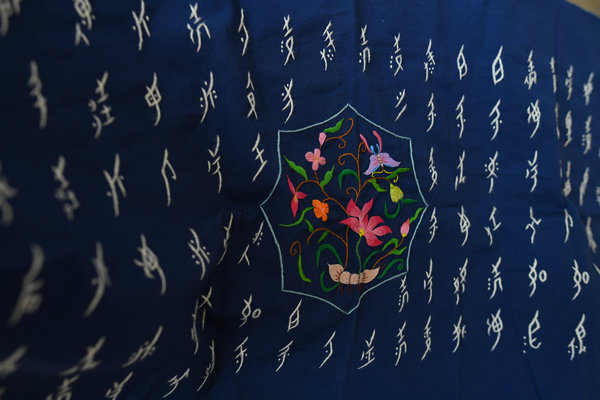

Though the exact origins of nyushu are unclear, several villages in Jiangyong, among the Han and Yao ethnic communities, are recognized as being crucial to its preservation and development.
Historically, literacy in China was largely reserved for men and women were often denied access to formal education. Women who were formally educated typically came from the urban elite.
The content of nyushu works are mainly drawn from women's everyday lives — marriage, family, social interactions, anecdotes, songs and riddles. Through a set of codes that were incomprehensible to men, the special language allowed many women to communicate freely, sharing their innermost feelings through songs, poetry and secret letters to one another.
As modernization swept across China and more women were able to access education, the relevance of nyushu dwindled.
When nyushu began to garner more attention in the early 1980s, with only two elderly women could be found to write it proficiently, the script teetered on the brink of obscurity.